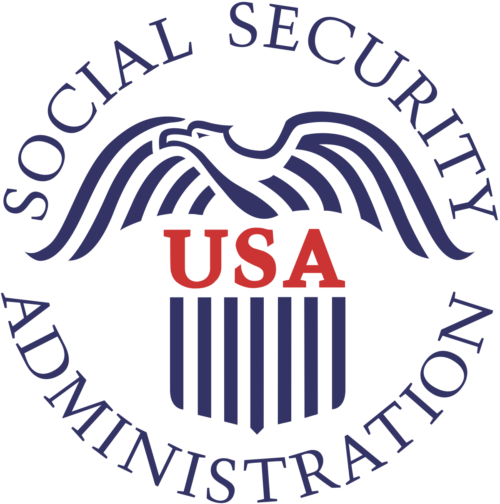Social Security proposes new rule to reduce improper payments

The Social Security Administration has published a proposed rule, “Use of Electronic Payroll Data to Improve Program Administration,” describing the agency’s plans for accessing and using information from payroll data providers to reduce improper payments, including overpayments, which improves service to customers.
Unreported, late reported, and incorrectly reported earnings are often a cause of overpayments for people who receive Social Security Disability Insurance (SSDI) benefits and Supplemental Security Income (SSI) payments. When a person has been overpaid, the law requires the agency to ask for repayment, which can create financial difficulties for beneficiaries.
“Social Security is taking a critically important step to reduce improper payments, including overpayments, by ensuring we receive timely and accurate wage data. These automated payroll information exchanges will address the inefficiencies associated with self-reporting and manual verification by introducing a more streamlined approach,” said Martin O’Malley, Commissioner of Social Security. “These exchanges will prevent inequities caused by improper payments by enabling Social Security employees to adjust SSI payments before they are issued and help us more efficiently administer SSDI.”
Social Security is working to reduce wage-related improper payments by using its legal authority to establish information exchanges with payroll data providers. These exchanges will help ensure the agency receives timely and accurate wage data. These exchanges and the agency’s planned business process is called the Payroll Information Exchange (PIE).
PIE will help reduce manual reporting errors as well as the reporting burden for individuals who authorize Social Security to obtain their wage and employment information through these information exchanges and work for employers whose payroll data is available through the exchange. PIE will also help to more quickly identify wages that often go unreported or undetected and which can lead to improper payments.
People may read the notice of proposed rulemaking (NPRM) at http://tinyurl.com/yfazs5hk. Public comment is an important part of this process and people may provide comments on the NPRM by April 15, 2024.
Provided information





